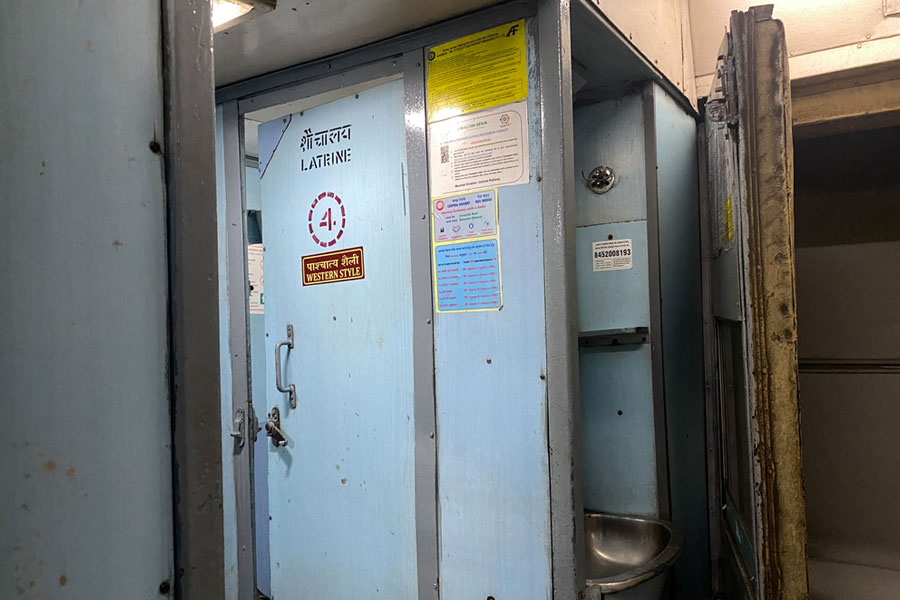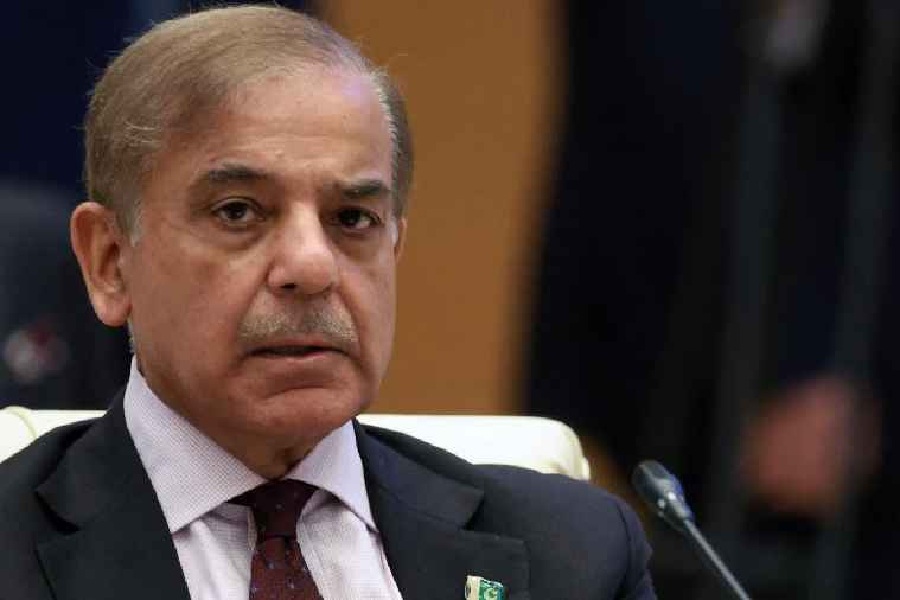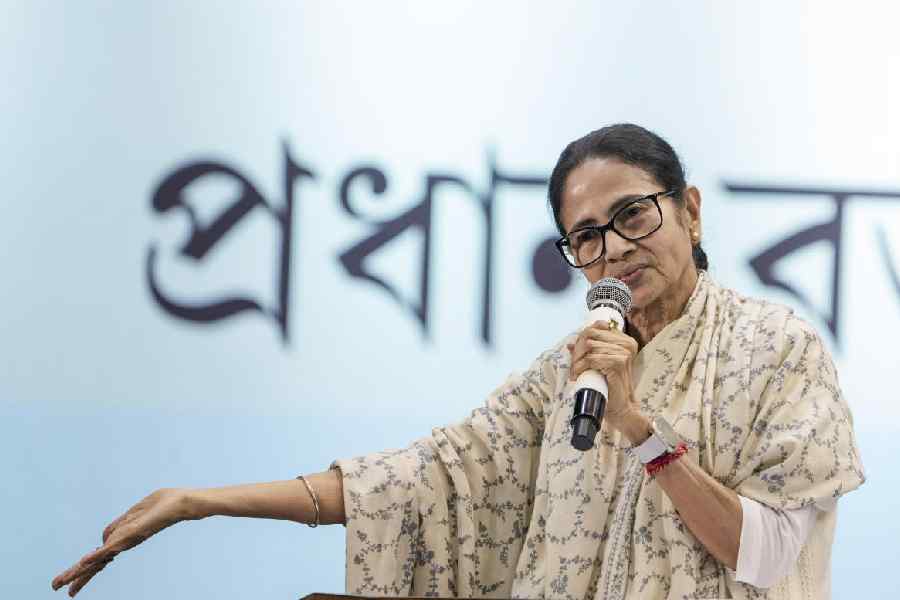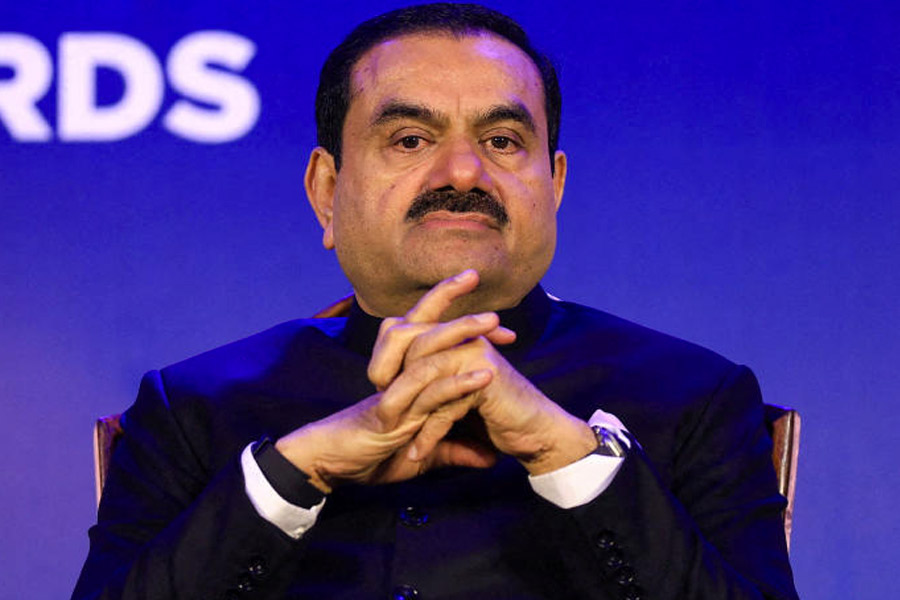The Indian Railways received a total of 100,280 complaints regarding the non-availability of water in toilets and wash basins in coaches during the 2022-23 fiscal year, the Comptroller and Auditor General of India (CAG) said in its report presented in both Houses of the Parliament on Wednesday.
The report indicated that in 33,937 cases, which represent 33.84 per cent, the time taken to address these complaints exceeded the expected timeline.
The audit report details the performance audit of "Cleanliness and Sanitation in Long-Distance Trains in Indian Railways" for the period from 2018-19 to 2022-23.
It emphasised the critical importance of maintaining high hygiene standards, given the significant volume of passenger traffic, as it directly impacts public health and safety as well as overall aesthetics.
Regarding the cleanliness of bio-toilets in long-distance trains, the report mentions that a comprehensive survey was conducted involving 2,426 onboard passengers across 96 selected trains. The satisfaction level among surveyed passengers was over 50 per cent in five zones, while it was below 10 per cent in two zones.
"A total of 1,00,280 complaints regarding non-availability of water in toilets and wash-basins in the coaches were reported over IR during 2022-23. In 33,937 cases (33.84 per cent), the time taken for addressing the issue exceeded the expected timeline," the report mentioned.
The CAG, which audited water availability in coaches, highlighted frequent public complaints about water shortages in coaches, often attributed to insufficient filling or failure to fill water at designated watering stations.
"To address the issue, the Railway Board decided (September 2017) to make provision of Quick Watering Arrangement (QWA) at the watering stations. Audit observed that out of the 109 stations identified for making provision for QWA, facilities for quick watering were in operation at 81 stations (74 per cent) as on 31 March 2023," an official statement read.
"At 28 stations across nine zones, there was a delay in setting up of QWA ranging from two to four years as of March 2023 for reasons such as fund constraints, slow progress of work by contractor, shelving/shifting of work, etc," it added.
The audit also examined the budget and expenditures related to cleanliness activities in trains, noting that actual expenditures exceeded the Final Budget Grant (FBG) by between 100 per cent (Southern Railway) and 141 per cent (North Central Railway).
"Similarly, utilisation of funds below 95 per cent of the final budget grant ranged between 63 per cent (East Central Railway) and 94 per cent (South Western Railway)," the audit said.
"During 2022-23, under the head 'linen management', all zones incurred expenditure in excess of FBG, ranging from 102 per cent (West Central Railways) to 145 per cent (North Eastern Railway). There was under-utilisation of FBG for 'linen management' in 11 zones due to the COVID pandemic. In respect of 'coach sanitation', utilisation was in the range of 102 per cent (SWR) to 147 per cent (NCR)," it mentioned further.
While auditing Automatic Coach Washing Plants (ACWPs), the CAG found that these facilities were underutilised. As a result, the washing of 132,060 coaches was conducted externally through Mechanised Coach Cleaning Contracts.
"During joint inspection of 24 ACWPs with the Railway Officials, it was observed that eight (33 per cent) ACWPs were not in operation due to breakdown or repair works," the statement said.
The audit also criticised the Clean Train Stations (CTS) schemes, which were intended for the mechanised cleaning of sensitive areas within coaches, including bio-toilets and doorways, during train halts at en-route stations.
"The intended benefits, however, could not be fully derived due to failure of the Railway Administration in enforcing contract conditions by deploying required resources to ensure cleanliness and sanitation within the stipulated 10-15 minutes halt time at Clean Train Stations," the report said.
"During joint inspections in 29 CTS across 12 zones, the audit observed limited cleaning of toilets and other areas, a shortfall in usage of machines and deployment of manpower," the report noted further.
Regarding the railways' On Board Housekeeping services (OBHS), the audit said, "Passenger satisfaction in respect of OBHS ranged between 54 per cent and 84 per cent except in Northern Railway and North Central Railway where the satisfaction level was more than 95 per cent of the surveyed passengers."
However, the audit commended one positive practice observed within the Western Railway, noting the effective operation of the BOOT Laundry at the Kankaria Depot, which demonstrated economic efficiency and was running in an environment-friendly manner.
Except for the headline, this story has not been edited by The Telegraph Online staff and has been published from a syndicated feed.










